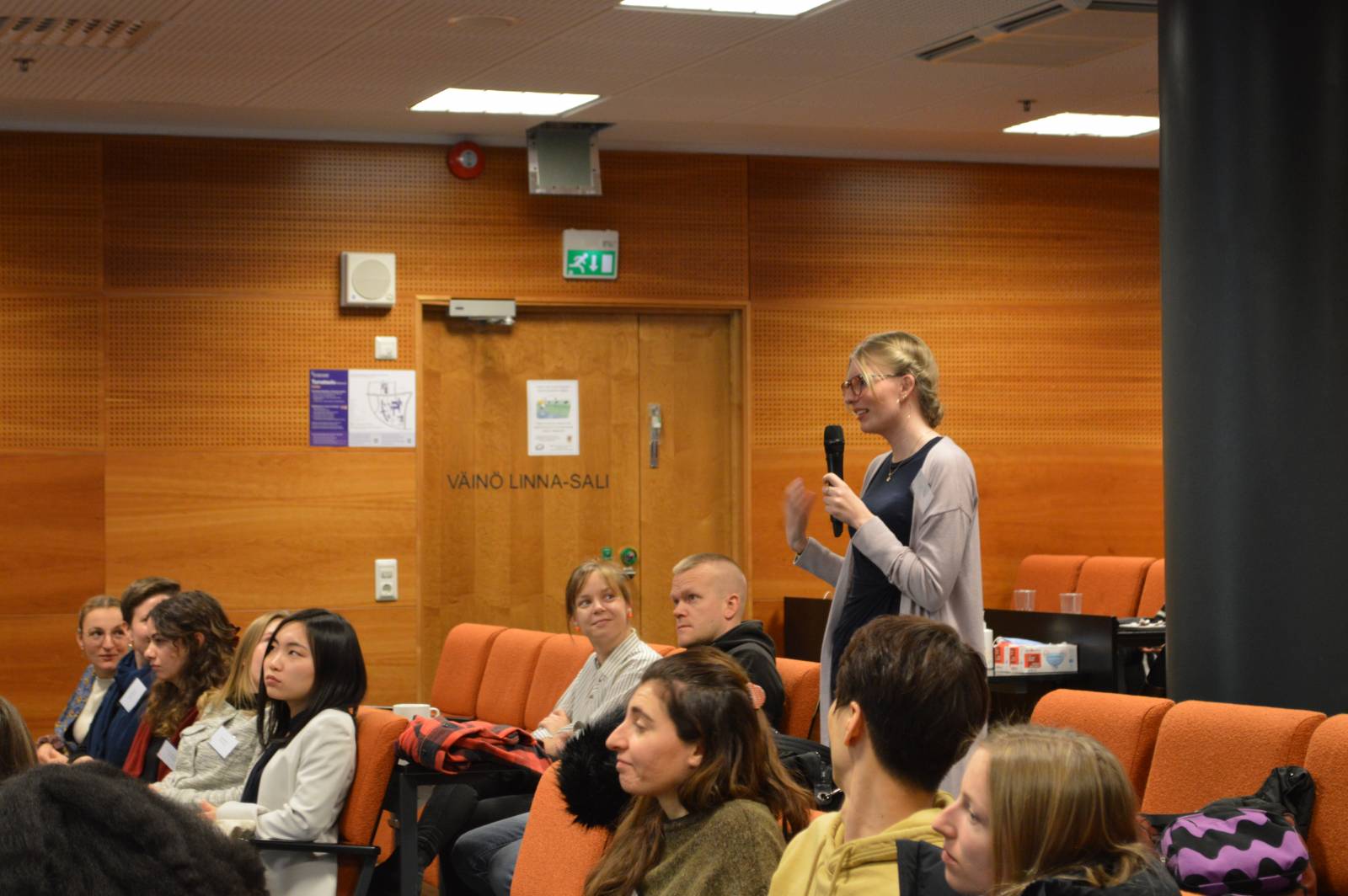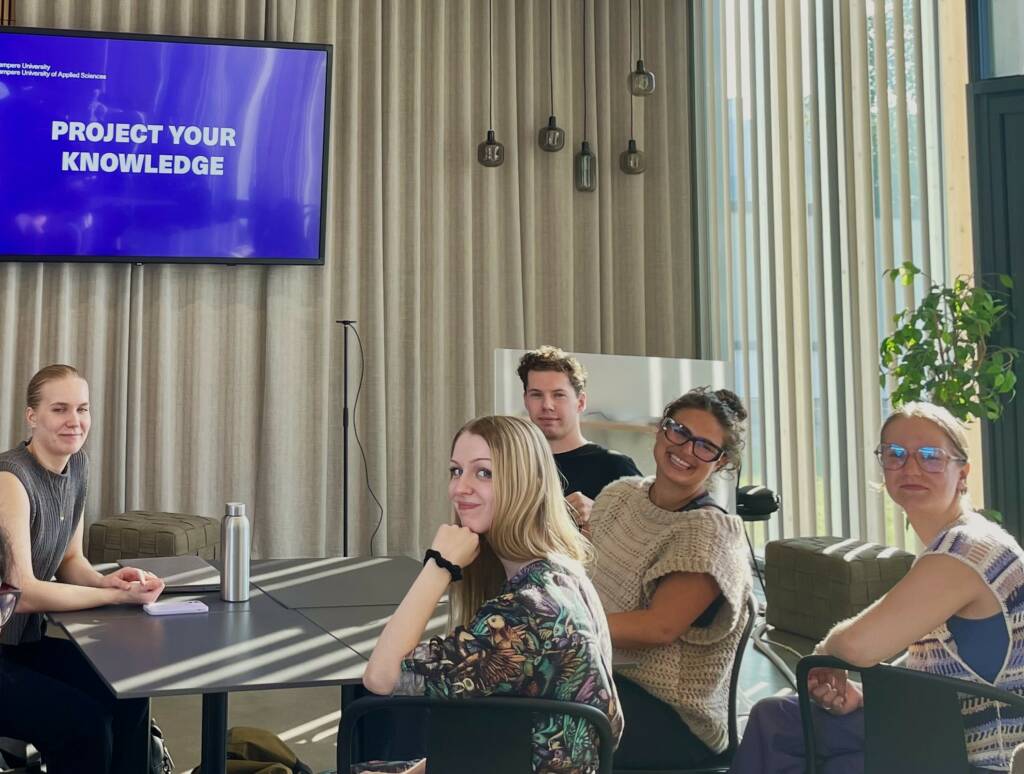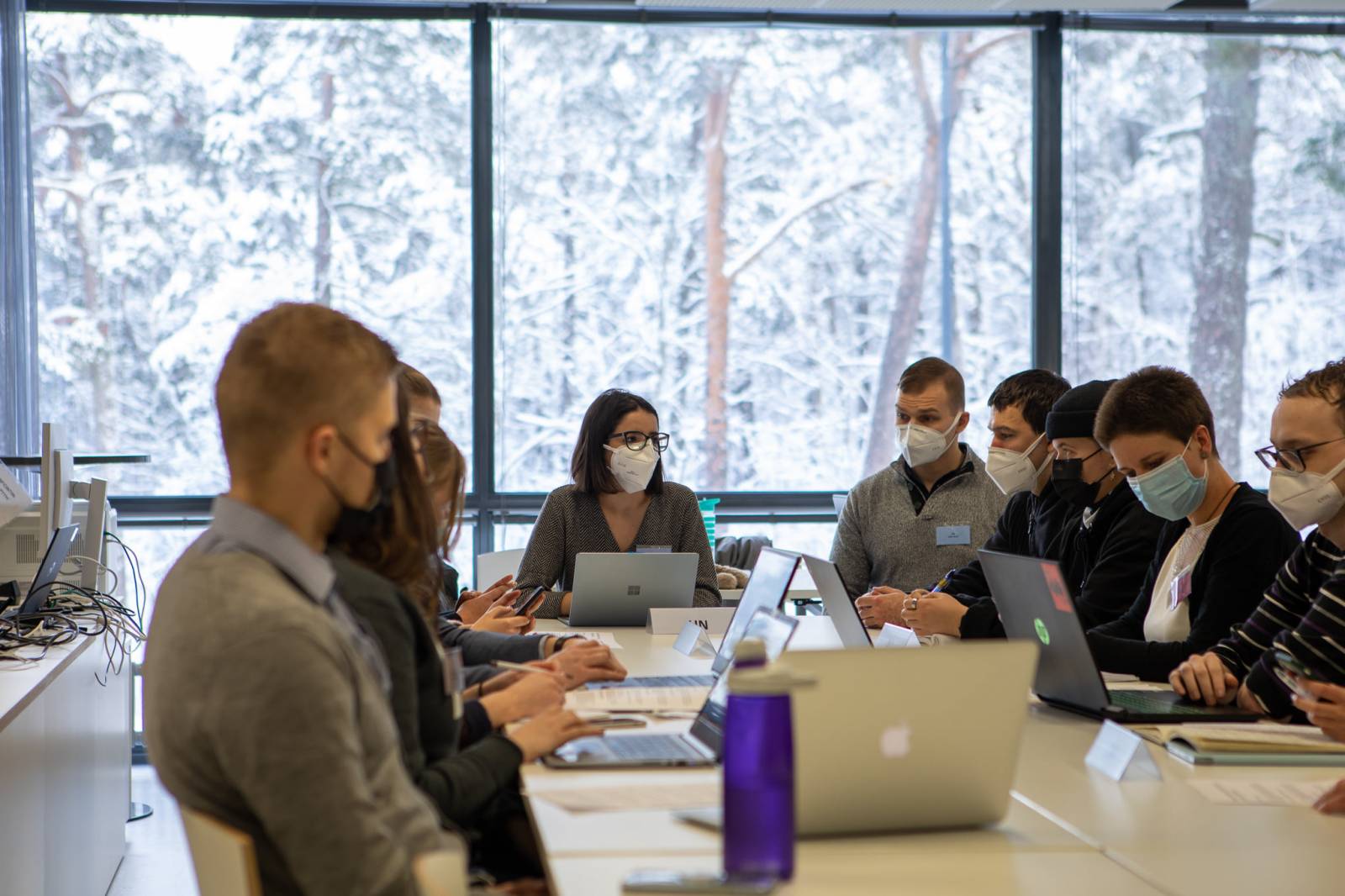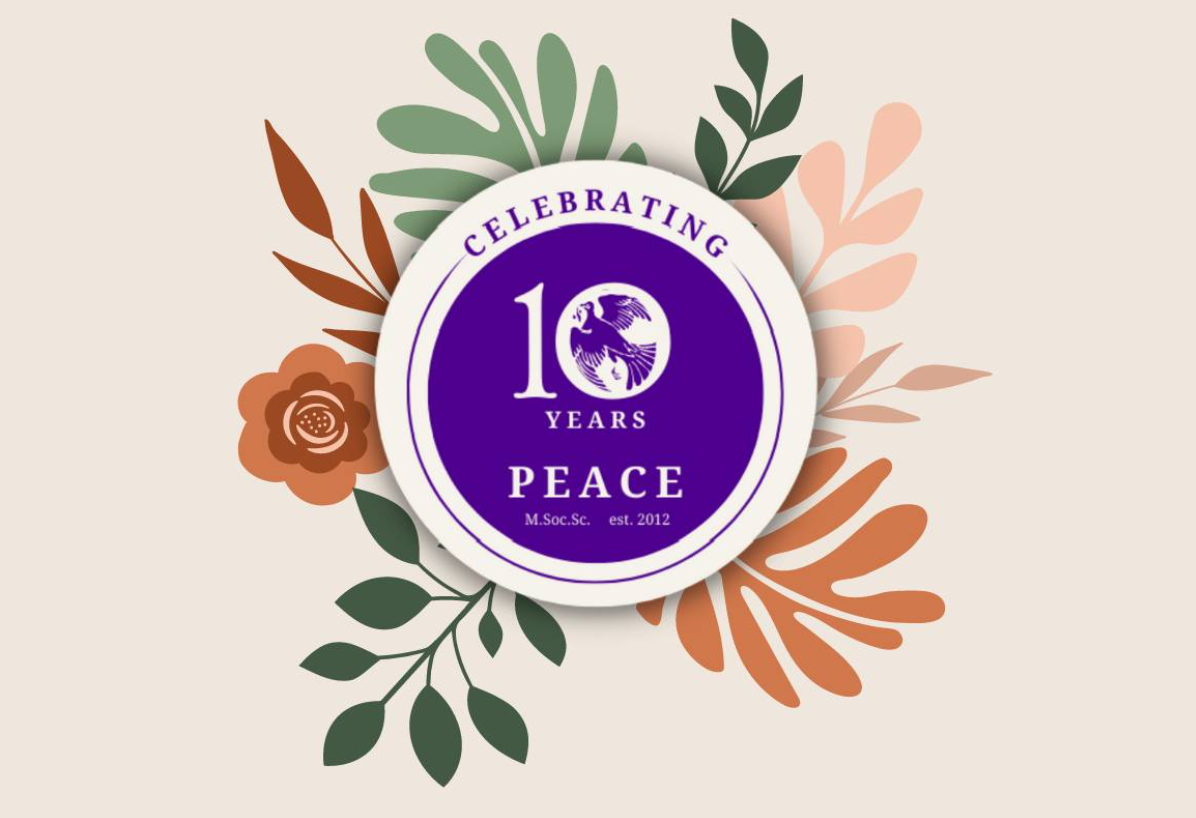The programme facilitates the understanding of the complex nature of wars and conflicts as well as their short- and long-term consequences. It focuses not only on the study of conflict but primarily on its transformation and on the conditions for peaceful change. For example, it examines, how violent conflicts, ethnic and religious discrimination and human rights violations produce forced displacement and how different actors can respond to these crisis situations.
Furthermore, the programme also deals with the role of the environment and natural resources in conflict and peacebuilding. Students learn about the preconditions for conflict resolution and sustainable peace in local as well as international and global contexts. Special emphasis is given to various tools and phases of conflict transformation — peacebuilding, mediation, reconciliation and dialogue.
In sum, more than just the study of conflict dynamics, the emphasis of the programme lies on the transformation of violent conflicts to achieve sustainable peace. Along with the Nordic tradition of peace research, the programme aims to take a holistic as well as a normative approach.


 The Master’s Degree Programme in Peace, Mediation and Conflict Research is a two-year full-time study programme. The first year focuses on the introduction to the multidisciplinary nature of peace and conflict research. During the second year, students gain a deeper understanding of their specific research interests as they participate in thesis seminars and concentrate on writing their Master’s thesis under the guidance of their personal thesis supervisor. A great deal of flexibility is allowed when making the personal study plan and there is also the possibility to complete an optional internship. For more information, here is a detailed
The Master’s Degree Programme in Peace, Mediation and Conflict Research is a two-year full-time study programme. The first year focuses on the introduction to the multidisciplinary nature of peace and conflict research. During the second year, students gain a deeper understanding of their specific research interests as they participate in thesis seminars and concentrate on writing their Master’s thesis under the guidance of their personal thesis supervisor. A great deal of flexibility is allowed when making the personal study plan and there is also the possibility to complete an optional internship. For more information, here is a detailed 
